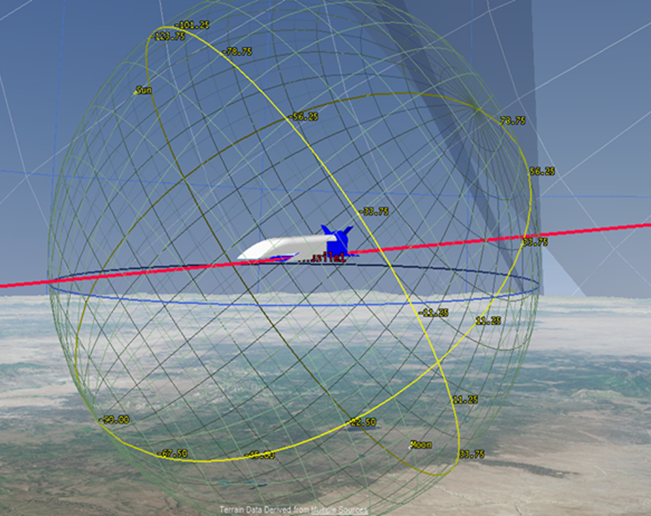
This month, I attended the NDIA Armaments Symposium at Fort Walton Beach as part of understanding “voice of the customer” and engagement with new teammates as part of our recently won Eglin Wide Area Acquisition Contract. It has been 20 years since I last attended this NDIA annual event which brings together the brightest and best minds in armaments development, design, and integration. At the time when I attended as a DoD civilian in 2001, the overwhelming theme was close air support operations for the Central Command and the post 9/11 War on Terror. At the time, it was urgency for rapidly flight testing GPS guided munitions; a hardware technology application where modeling, simulation, and analysis (MS&A) took a somewhat backseat to actual flight testing to speed capability delivery to the Warfighter.
It’s now 2021 and the theme emphasis has appropriately shifted to address current global trends. Now focused more toward Indo Pacific Command as the priority theater of operations, GPS is a given (and some would say very vulnerable) technology in any modern weapon system. The emphasis instead is now on hypersonics, long range standoff, and hyperspectral sensors using very sophisticated weapons to go against a very stressing, more technologically capable, near peer competitor.
MS&A has now shifted into front and center as the underlying element of DoD’s Digital Pivot Transformation.

Why the MS&A shift? The need to counter more sophisticated threats requires and ability to rapidly assess and understand design capabilities more effectively and efficiently. Today’s MS&A suite of tools bolstered by increased processing power and cloud computing enables armament development at a much faster, lower cost and higher performing outcome pace. Traditional approaches of lumbering to build and flight test physical prototypes takes inordinate amounts of time and cost. Various design concepts can now be freely (and cheaply) explored with realism to understand more meaningful operational capability impacts.
MS&A of physical phenomenology’s such as detailed, weapon internal structural dynamic and surface ablative material response to high Mach Number hypersonic, plasma flow fields give better understanding to armament development risk and design constraints. MS&A of antenna emissions helps better understand interference effects of datalinks against seeker sensor transmission requirements. These types of MS&A based technical examples can go on ad infinitum; the bottom line being more effective and efficient engineering design outcomes can be realized and optimized in lieu of traditional MS&A limited, more hardware focused build – test – fix – and then refly acquisition approaches.
As an industry leader in today’s DoD Digital Pivot paradigm we provide a high level of capability and talent for our multiple customers. Combining our foundational open architecture, tailorable Parsons Digital Engineering Framework (PDEF), agile software development, coupled with our deep engineering expertise in six degree of freedom total weapon system MS&A well postures our company to be a proven, value-added contributor in the DoD Digital Pivot Transformation. We are and will continue working ourselves into supporting multiple aspects of digital engineering; from early requirements analysis, to detailed design trade assessments, product data development for production, as well as sustainment engineering – the complete lifecycle of new armament capabilities for the Warfighter.
The Digital Pivot is a major and much needed transformation for DoD; almost a unanimous consensus between government and Industry. As an integral teammate in this regard, we help evolve new capabilities for whatever customers want next to counter the ever-evolving threats and help continuously deliver overmatch capabilities for the Warfighter that will endure well into the 21st century.